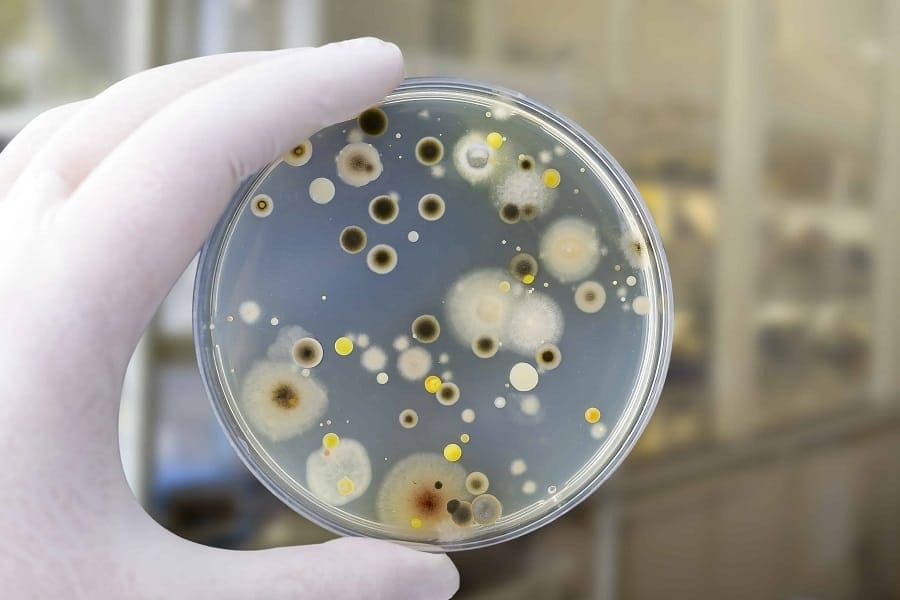
Mold Testing and Treating Mycotoxin
**Please note, we cannot treat OR return phone call/email inquires for persons outside of the Pacific Northwest**
The presence of mold and fungi can be found all over the earth, but a majority thrives in moist environments. Most molds are known to be harmless to people. In fact, penicillin is a type of mold that can be life-saving. However, there are also molds and their byproducts that can enter the body through the respiratory tract or direct contact, and wreak havoc on the body. Taking preventative measures for the treatment of mold exposure and allegories is an important precautionary decision for avoiding the development of serious health concerns.
If you are interested in preventing potential health concerns that mold exposure can cause by determining your personalized allergies, or are seeking treatment for mold-related concerns, reach out to our office at 509-747-7066. Patients must be established prior to testing and treatment.
The Body’s Negative Response to Mold
Being exposed to environments that facilitate a large amount of mold can negatively affect the body beginning at the entry site and making its way to the rest of the body. Harmful enzymes and molds that initially invade the lungs can bypass the barriers of the gut, and find a portal to enter the bloodstream. With the mold antigens in the bloodstream, a chain reaction can continue with the mycotoxins altering the blood brain barrier function, allowing them to enter the nervous system, potentially damaging the neurons, which can result in the irregular function of the necessary production of antibodies. This process of invading the immune system originating from exposure to a moldy environment can lead to health concerns including:
- Allergies and allergic reactions
- Sinusitis
- Immune suppression
- Eczema
- General cognitive deficits
- Headaches
- Hyperthyroidism
- Myalgic encephalitis
- Painful lymph nodes
- Multiple chemical sensitivity
- Vomiting
- Rheumatic disorders
Testing
Treatment Options for Mold Exposure, Mold Toxicity, and Mold Sensitivity
Because identifying mold exposure can be complex, concise diagnosis and laboratory analysis is important in determining the correct response for each patient. Potential mold-related treatment options include:
- Anti-fungal Medications
- Oral Administration of Specific Nutrients Needed for Detoxification
- Binding Agents
If you are interested in preventing potential health concerns that mold exposure can cause by determining your personalized allergies, or are seeking treatment for mold-related concerns, reach out to our office at 509-747-7066. Patients must be established prior to testing and treatment.
